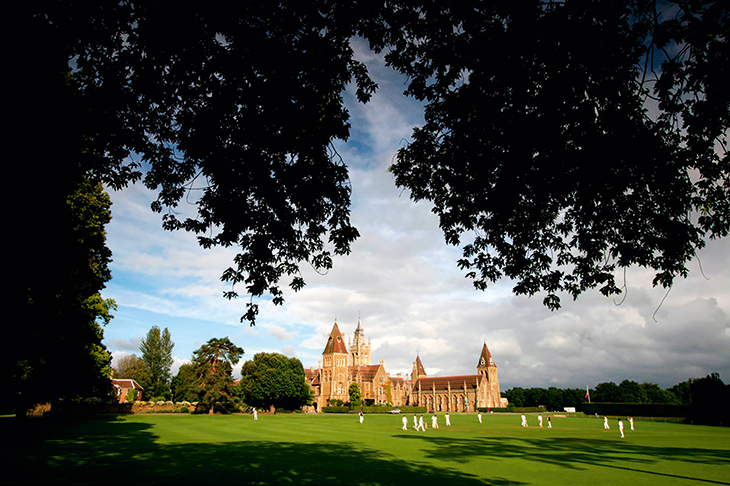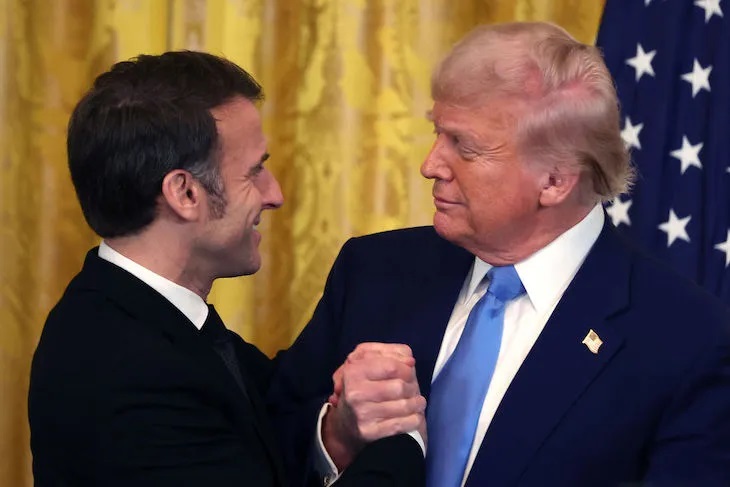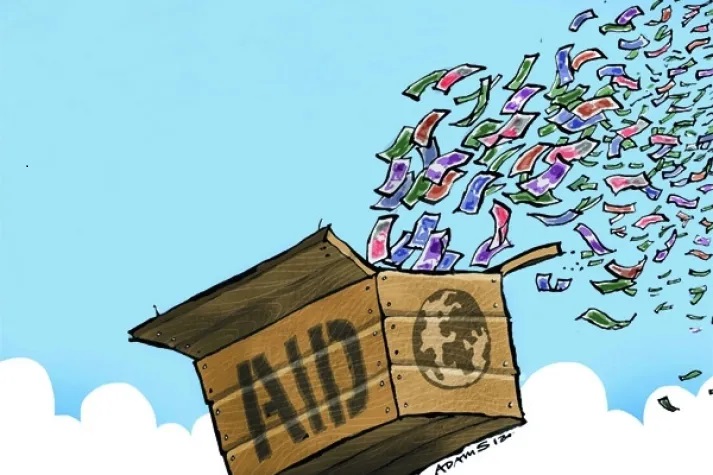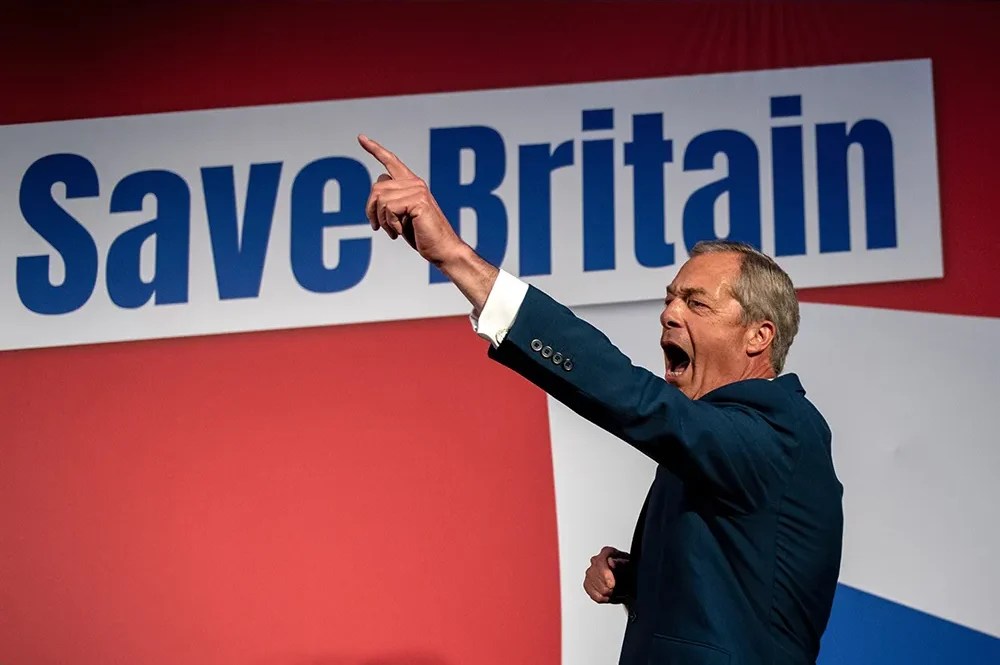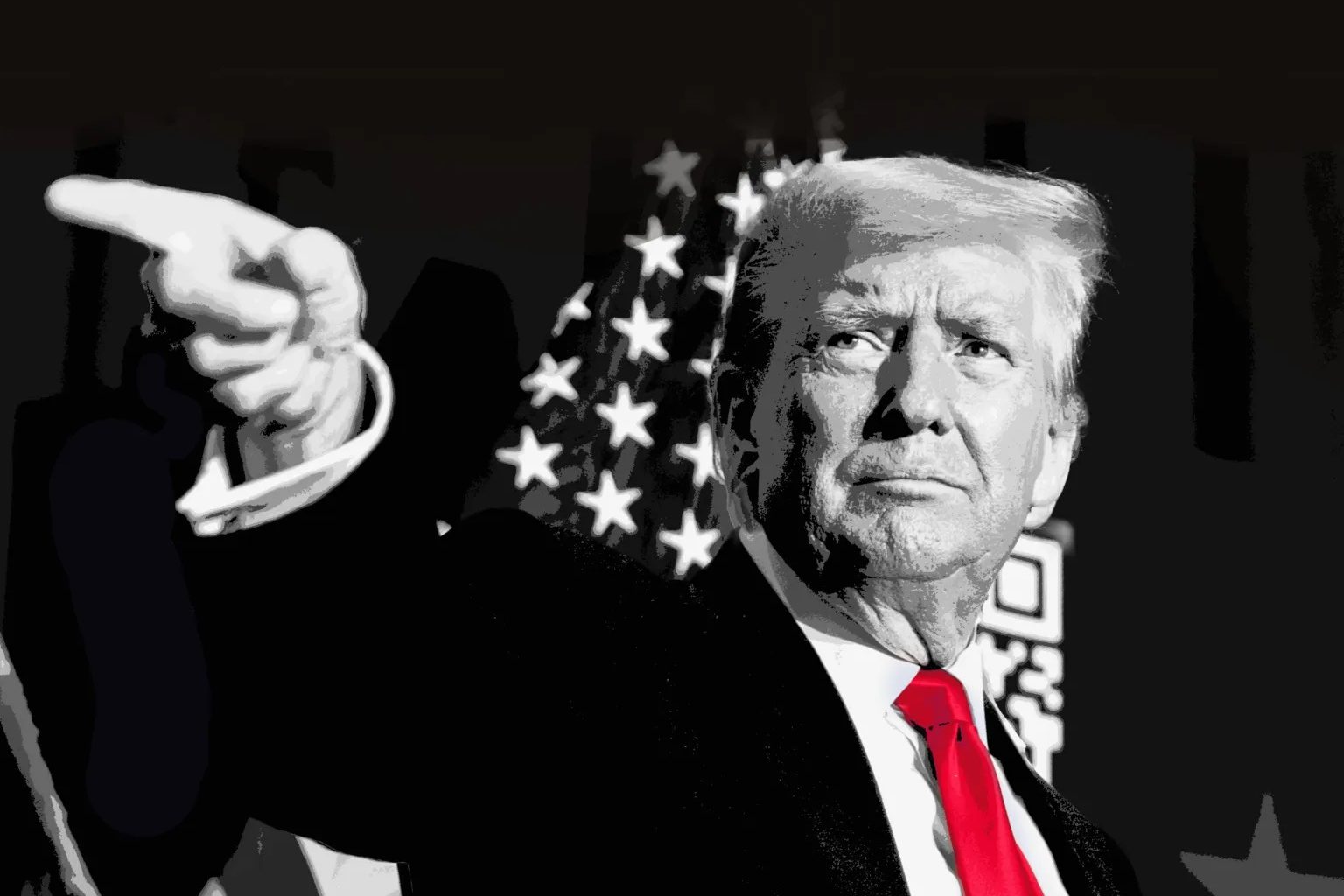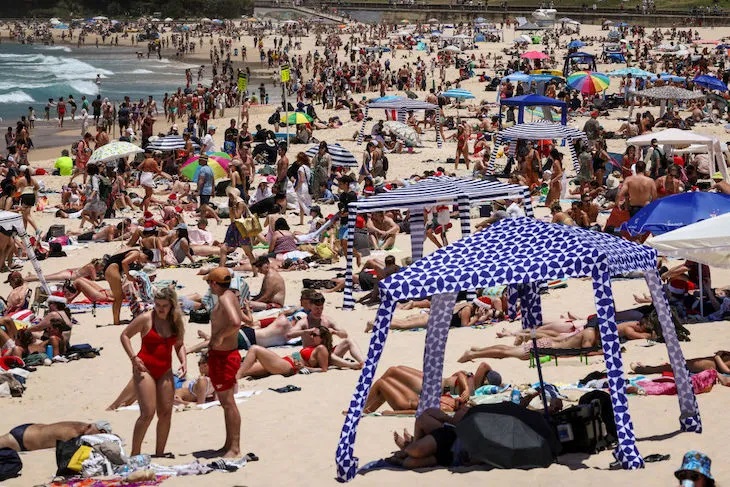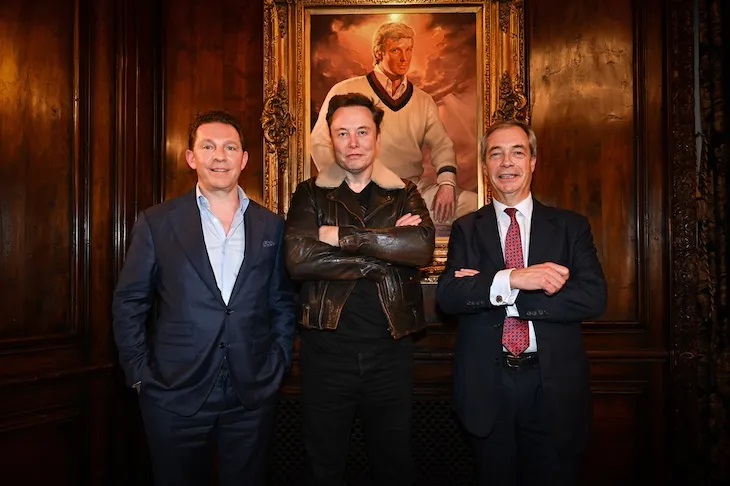Deplore it or revere it, you cannot but respect the private school industry’s wart-like survival in modern Britain. Has any other institution outlived its confidently predicted demise so robustly and for quite so long? It is getting on for 80 years since the liberal establishment turned against its own educational system. And yet the crusty old monster clings to Britain’s public face, now prettied up with the fittings and facilities of five-star hotels while offering one well-trained teacher for every 8.6 children. An anachronism of the 19th century has been revitalized in the 21st, thanks to brilliant advertising by Harry Potter and the injection of zillions of Russian and Asian dollars — foreign-born children now making up a third or more of the ‘best’ boarding schools’ rolls.
In 1940, writing in this magazine, you could find a future Conservative party leader — state-educated Ted Heath — joining the then fashionable call for decisive action to end ‘inequality in education’. Nowadays, most Tories would nod along with that notion. But they would approach the job by tinkering with the state system rather than taking bulldozers to those faux-Gothic spires.
Not so the Conservatives of the second world war. The then education minister Rab Butler confided that he wanted to abolish all but ‘two or three’ of the public schools. Churchill said he wished to see 60-70 percent of their places go to bursary-supported children. Forcibly flooding the schools with hoi polloi has long been the favored weapon of ex-public schoolboy reformers and abolitionists, from George Orwell to David Kynaston. It’s suggested with just a hint of sadism.
Butler lost his nerve, rather as Michael Gove did as education secretary 70 years later. (Gove came into the job a proponent of slow strangulation for the schools, through removing their tax breaks.) Nonetheless, before the war’s end the Dumbledores of the Headmasters’ Conference were agreeing that the game was up. In the new, classless Britain they would have to allow their institutions to merge with those for ordinary people. ‘Boarding schools may open for all after the war,’ ran the Daily Telegraph’s headline.
But the moment passed — because of the Labour party. In 1945, when it took power, full integration of state and private systems seemed a real possibility. A year later it was off the menu. According to Green and Kynaston, in a fascinating telling of this history, the switch was not least because of Clement Attlee’s obsessive love for his old boarding school, Haileybury, though you might think that his administration did have rather a lot of radical reform on its plate. But Labour administrations have ever since shied away from grasping that peculiar nettle, the private schools.
The oddest thing is that — then and now — the great majority of head-scratching Britons agree that something needs to be done about the educational apartheid that characterizes our country. To call it an engine of inequality and a drag on social mobility is hardly controversial. As these books recount, many ex-pupils — and I am one — of the grandest institutions are sure there’s something wrong. In fact 64 percent of users of private education, according to Green’s and Kynaston’s research, call the system ‘unfair’.
That is of course just the kind of neat, self-preserving deflection at which we excel. ‘It is dreadful. Indefensible. But what is one to do? And young Archie does so love St Cake’s…’ The class that runs Britain has always practiced tolerance and absorption of its enemies and critics as a strategy in its long survival. James Brooke-Smith’s highly entertaining cultural history of the British public school has many examples of this tendency. There is the Jam’s song, ‘Eton Rifles’, which pits a rebel band of mods against the might of Slough Grammar’s cadet force, with predictable results. ‘What chance have you got against a tie and a crest?’ goes Paul Weller’s lyric. But of course Etonians of the time, among them Cameron, D., loved the song and bought it. What chance have you got against an oligarchy that’s endlessly accommodating and flexible? They’ll even let you into their poshest boarding schools, if you can cough up £40,000 a year.
The schools survive above all because that money, as all three of these critics show in statistic and anecdote, is well spent. In fact, it’s a bargain. Now, as ever, you are far more likely to go on to a great university and do well in a sought-after profession if you have been privately educated. Bought privilege works, and in myriad ways. Even if more pot-smoker than exam-taker — James Brooke-Smith cites Richard Branson among many others — you are still likely to do better as an adult, because you will be connected to those who run things. You talk their language. You have the self-belief.
The average bill for 10 years, a quarter-million pounds or so, puts a fix in life’s roulette wheel on your child’s behalf. But it is hardly a gamble. Green and Kynaston sum up the advantage in their most devastating paragraph:
One in every 16 pupils goes to a private school; one in every seven teachers works at a private school; one pound in every six of all school expenditure in England is for the benefit of private-school pupils.
This playing field won’t be leveled merely by changing the type of grass.
So what if we did abolish private schooling? It’s not going to happen, if the past 80 years are anything to go by. But Green and Kynaston have a handy example in Finland, which did it by consensus back in the 1970s, when Finnish education was mediocre at best. The results were dramatic. By 2001 Finnish school children were leading all international indices of educational attainment. Today Finland is ranked by various finger-wagging bodies as top — or in the top three — of all nations in safety, stability, good governance, social justice, lack of corruption and happiness.
So how ghastly does Finland sound? Your answer may depend on where you were educated.
This article was originally published in The Spectator magazine.



